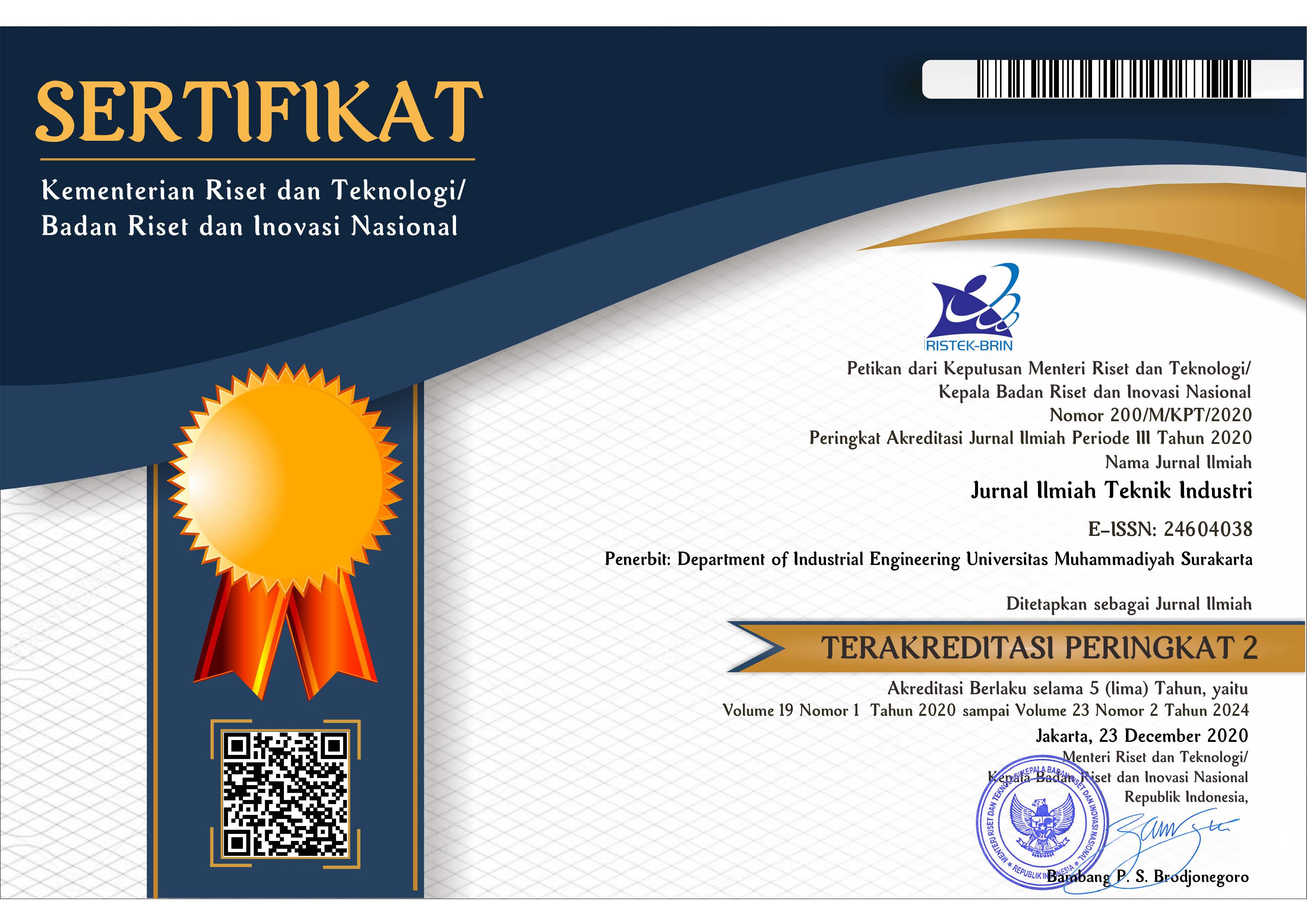Factors Affecting Repurchase Intention Green Product Based on Theory of Planned Behavior Model
DOI:
https://doi.org/10.23917/jiti.v24i01.8599Abstract
Indonesia, according to the Ministry of Environment and Forestry, produced over 40 million tonnes of waste in 2023, with plastic waste accounting for nearly 20%. However, the country's plastic recycling rate is only around 10%. To address this issue, the bottled drinking water company PT Danone Aqua has introduced Aqua Life, a product with packaging made entirely from recycled and recyclable materials. However, over the years, the company's brand index has declined. Meanwhile, recycled innovation products have sustainable benefits that can overcome the problem of plastic waste. This study aims to determine the factors that influence repurchase intention of Aqua Life using the development of the Theory of Planned Behavior (TPB) model. The survey results were analyzed using the Partial Least Square-Structural Equation Model (PLS-SEM). The results of the study indicate that perceived behavioral control, subjective norms, and product attributes have a significant positive influence on repurchase intention green products.
Downloads
Submitted
Accepted
Published
How to Cite
Issue
Section
License
Copyright (c) 2025 Jurnal Ilmiah Teknik Industri

This work is licensed under a Creative Commons Attribution 4.0 International License.











